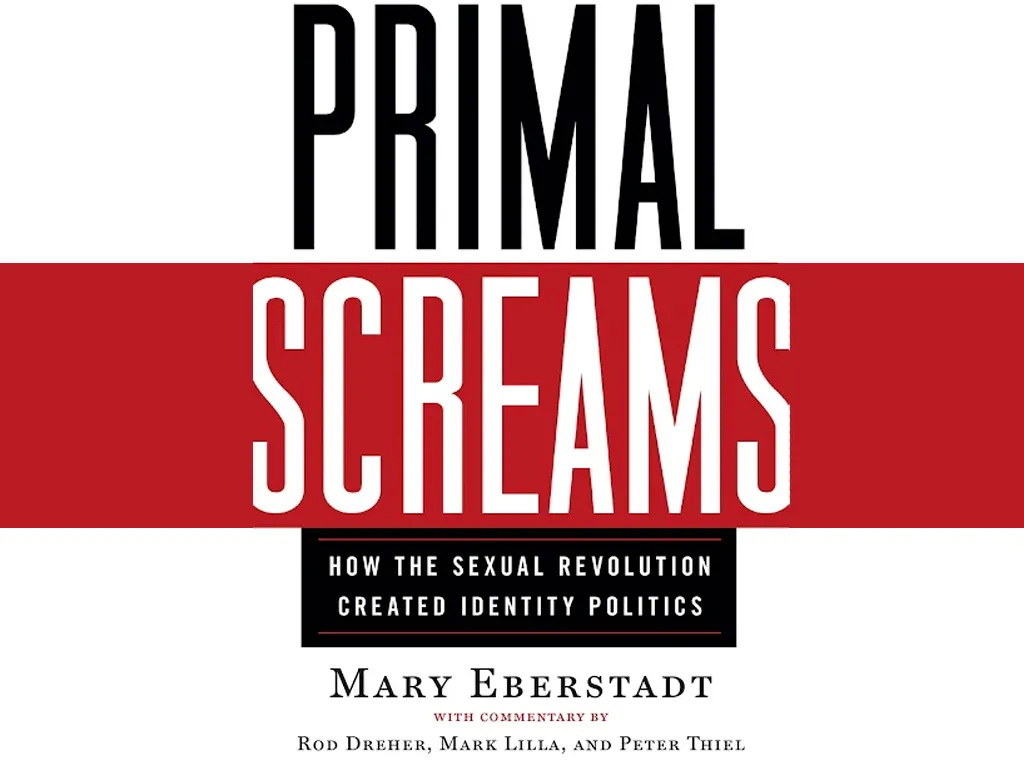Identity Crisis
- Post by: William C. Duncan
- June 1, 2020
Primal Screams: How the Sexual Revolution Created Identity Politics Mary EberstadtTempleton Press, 2019; 192 pages, $24.95 It is commonplace, though surely justified, to lament the extreme polarization of public life. With the launching of impeachment proceedings during an election year, those divisions seem unlikely to dissipate soon. Related and in some cases underlying this division is the rise of “identity politics.” Mary Eberstadt describes this latter phenomenon succinctly: “For many Americans and other citizens, political desires and political agendas have become indistinguishable from the desires and agendas of the particular aggrieved faction with which they most ‘identify’—and the human beings outside those chosen factions are treated more and more not as fellow citizens, but as enemies to be eliminated by shame, intimidation, and, where possible, legal punishment.”´ For some decades, commentators have noted sociological factors related to this development, such as “solitariness” among young adults, “an increasingly emotive, irrational tone in public life,” and a culture of “hyperindividualism.” The contribution Mary Eberstadt makes in her new book is novel—an exploration of the “demand-side answer” to the question of why identity politics have become ascendant in the public square. In other words, the novelty of identity politics arises from an even more novel phenomena—a widespread retreat from family. The book is framed by an analogy to wolves. Contrary to legendary perceptions, the introduction notes, wolves are “intensely familial animals,” and a lone wolf is more mythical than real. This is true for many species, which, we are learning, behave in “familial ways.” Ironically, while increasing numbers of humans believe a family can be defined by “whatever its self-appointed say it is, other animals do not.” In a striking passage, Eberstadt points out that misunderstandings of animal behav
Categories:

